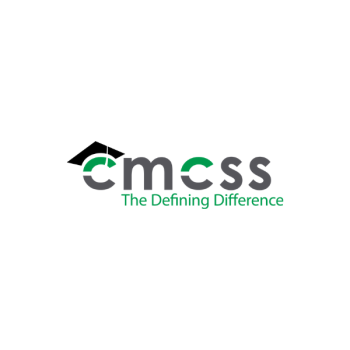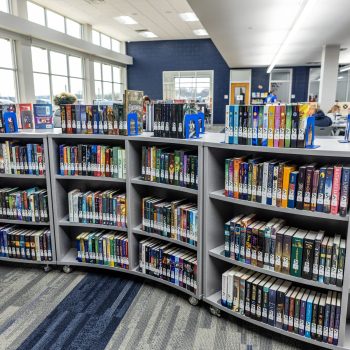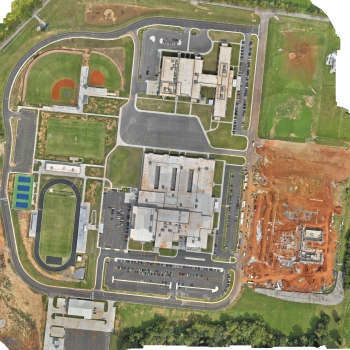
CMCSS will begin accepting applications for the 2024-2025 school year on April 4, 2024. Visit cmcss.net/prek to begin the application and for more information.
The Clarksville-Montgomery County School System offers Voluntary Pre-Kindergarten classes on an application basis as established by the Tennessee Department of Education.
Voluntary Pre-K classes promote a high-quality academic environment, which fosters the love and joy of learning and promotes success in kindergarten and throughout the child’s life.
For questions about Voluntary Pre-K, please contact the Pre-K Learning Team at [email protected].
Information to Review
Children must be 4 years old by or on August 15 of the current year to qualify.
Parents and guardians who wish to apply for the CMCSS Voluntary Pre-K Program (VPK), should review the following process:
- VPK applications will open in the Spring of each year. CMCSS will announce application periods before the online portal opens.
- Income guidelines for Voluntary Pre-K
- Once the online application opens, visit parents.cmcss.net and choose “Enroll.” Then, choose “VPK.”
- Once the Pre-K team receives your application, one of the team members will contact you via email to meet via Zoom to verify your family’s income and the child’s birth certificate.
- If you qualify for the CMCSS VPK program, you will receive an email from the Pre-K Coordinator if you have been accepted. If you qualify but are on the waiting list, your email will state that you are on the waiting list. If we have a spot become available, we will contact you throughout the year.
- Our VPK program is a grant-funded program. You must meet the income requirements that the state has set forth to qualify for a spot.
- A month’s worth of pay stubs (TN requires gross income; therefore pay-stub must show gross income)
- Military: most recent LES (TN requires both BAH & Base pay to be added)
- Recent food stamp letter (must show eligibility dates, case number, and parent’s name)
- SS award letter
- 2023 Income Tax (form 1040 or W2)
- Unemployment benefits
- Disability benefits.
Peer Model Program
Our peer model program is for peer to attend one of our special education PreK classrooms to serve as peer models for our students receiving special education services. Both programs use the same curriculum, the teachers and EA’s train together, they both have the same scope and sequence, amongst other things.
Parents and guardians who are interested in their child participating in the Peer Model Program, please follow these steps:
- Visit cmcss.net/prek to complete the application.
- To be considered as a Peer Model, the child(ren) can’t be receiving any type of therapy (ST, OT, PT, etc.) or have an active IEP.
- Once we receive this information, we will be in contact to schedule a screener
- Students must be four-years-old on or before August 15
- Please contact the Pre-K Learning Team at [email protected] for more information.













